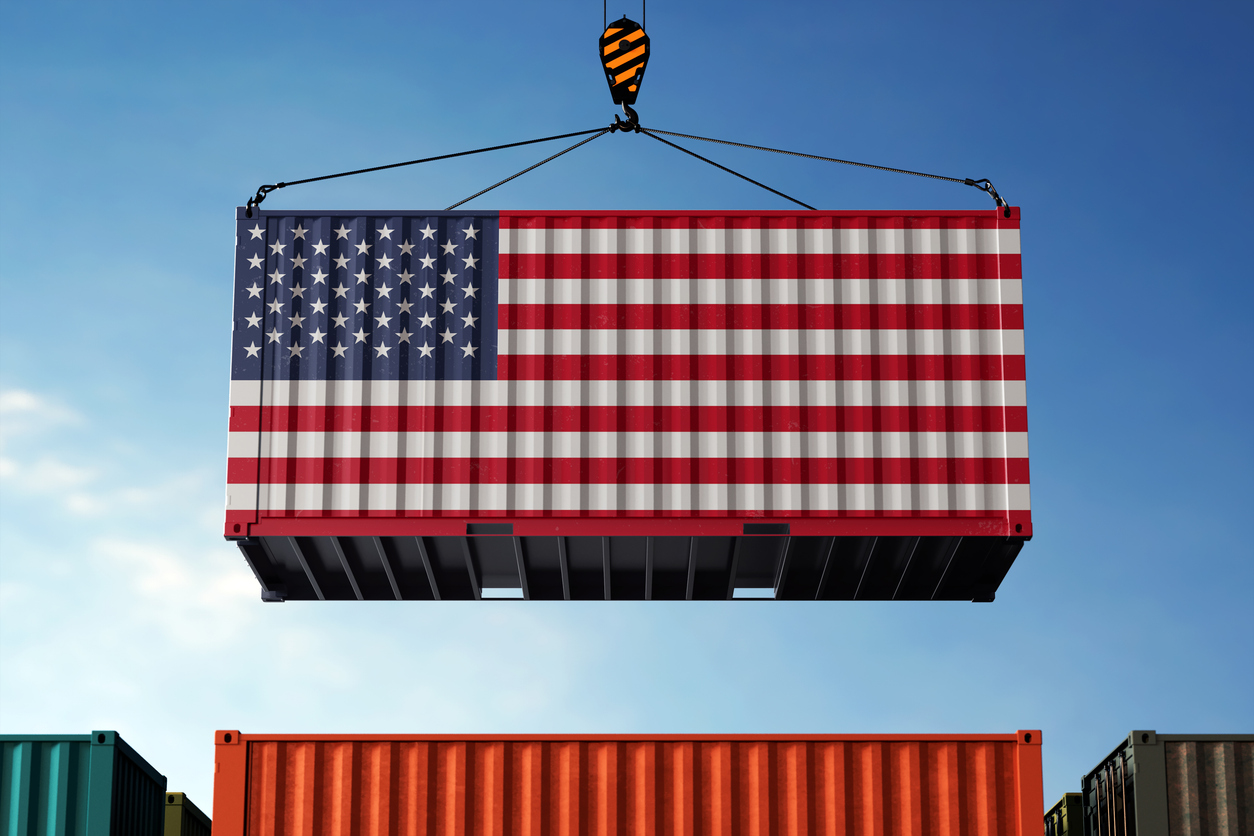Image source: Healthline
Every week we track the business, tech and investment trends in CPG, retail, restaurants, agriculture, cooking and health, so you don’t have to. Here are some of this week’s top headlines.
A major new report by IPES-Food, The Politics of Protein: Examining claims about livestock, fish, ‘alternative proteins’ and sustainability, sheds light on misleading generalizations that dominate public discussion about meat and protein, and warns of the risks of falling for meat techno-fixes.
In other news, the war in Ukraine has paralyzed harvests, destroyed granaries and crops, and brought potentially devastating consequences to a country that produces a large share of the world’s grain. It has created a global food crisis that will have the biggest impact in poorer countries such as Sudan, Afghanistan and Egypt.
Our newsletter takes a lot of time and resources to produce. Make a one time or monthly contribution to help us keep it going. Whether it’s $5 or $500, every bit helps and shows us that you value our work.
Check out our weekly round-up of last week’s top food startup, tech and innovation news below or peruse the full newsletter here.
A new report, “The Politics of Protein,” questions the dramatic environmental claims that alternative proteins can save the planet, disrupt the status quo or challenge the power of the corporate food industry.
Farmland covers 70% of the country and agricultural products were Ukraine’s top export. The country now has 13m tons of соrn and 3.8m tons of wheat that it cannot export using its usual routes.
The industry is expected to grow to $9.7b worldwide by 2026, but it faces challenges, including high energy costs, technological limitations and the ability to scale.
The prices of commodities like wheat and corn are global, but their shocks are inequitable. These are the countries that will be most affected by rising food prices.
CBD products that are orally consumed, legal and cleared for sale in the UK will now appear the Food Standards Agency’s CBD List.
Current figures suggest the sector is worth $140m. Key drivers will be domestic grocery partnerships, increased international exports and tech-driven innovation.
The company claims to be the first supermarket in Mexico with no physical store that enables customers to buy groceries directly from its website or an app. It has raised $152m to expand into new cities.
Argentina’s new genetically engineered, drought-tolerant wheat could have large environmental benefits.
If HR 3807 passes the Senate, the 177k restaurants that were approved for but didn’t receive RRF grants will be in a queue to receive funding.
The bill applies to restaurants and other retail license holders that sell alcohol on-premises, but requires customers to buy “a substantial food item.”
War has hammered the country’s globally important farming sector, and left one poultry plant with a dangerous cleanup.
Across Ukraine’s farm belt, silos are bursting with 15m tons of corn from the autumn harvest, most of which should have been hitting world markets.
Source link
Phoebe Tran






